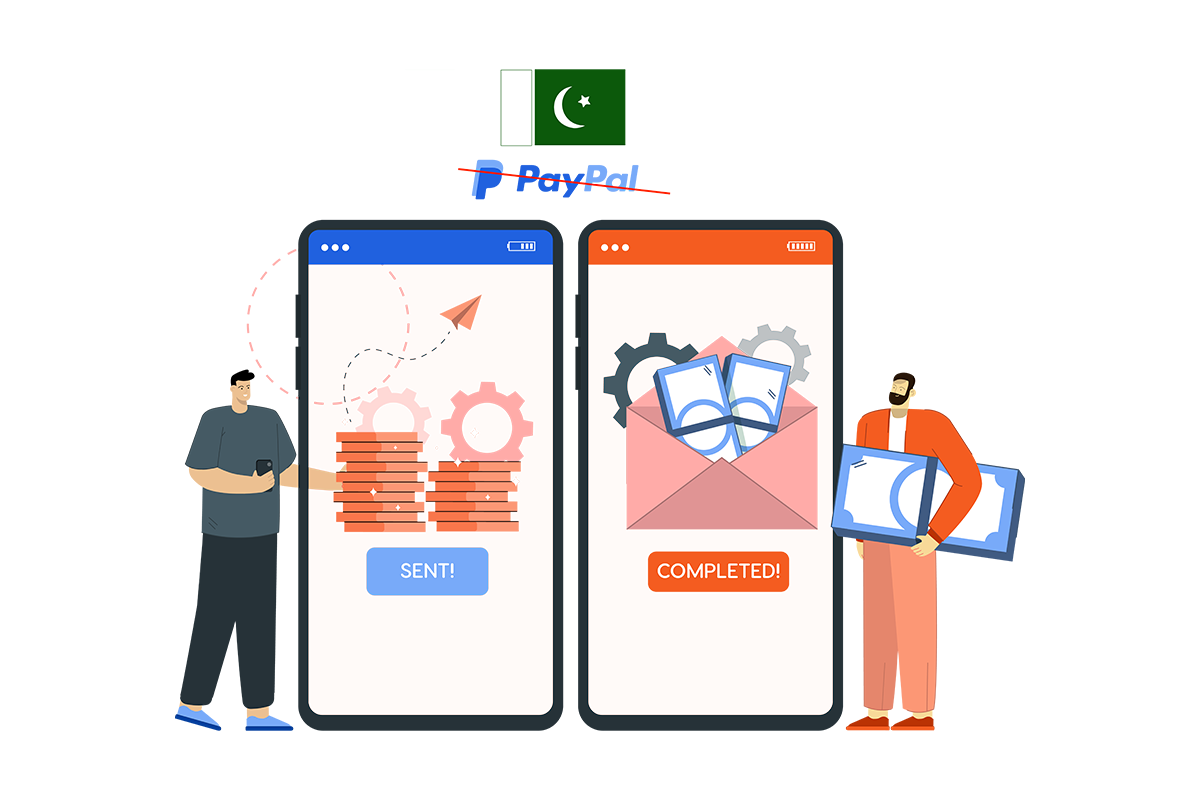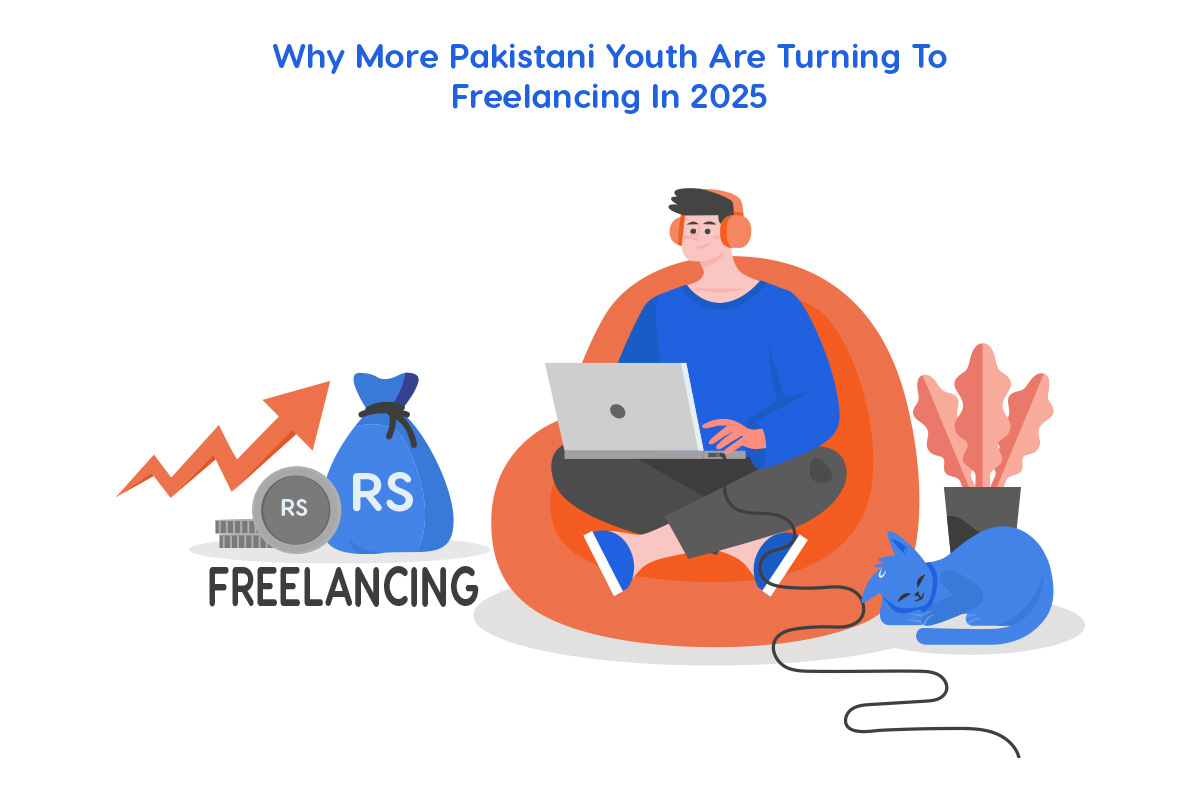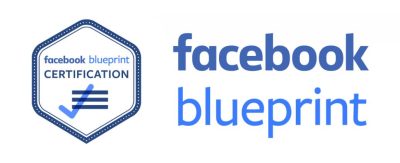An electronic alternative to traditional paper methods like checks and money orders, PayPal Holdings, Inc. is an American multinational financial technology firm that operates an online payment system in most countries that permit online money transfers.
Essential Facts About PayPal
- 87.5% of online buyers use PayPal.
- Over 50% of the market for processing internet payments belongs to PayPal. Furthermore, the group of PayPal clients over 50 represents the fastest-growing demographic.
- PayPal handled 57.61 million transactions every day in 2021. In addition, PayPal is currently listed as one of the accepted payment methods on more than 500,000 websites.

PayPal is not launching its services in Pakistan.
To meet the demands of the PayPal firm, the Pakistani government had to create anti-money laundering policies and financial security before this. Therefore, the main reason for PayPal not coming to Pakistan is money laundering. The Pakistan Institute of Development Economics did a thorough analysis of PayPal’s advantages, Pakistan’s barriers to its operation, Pakistan’s regulatory and control needs, and what Pakistan must provide for PayPal to contemplate setting up shop there.
PayPal is not prohibited in Pakistan; it is simply not yet operational there. Nevertheless, there is optimism that PayPal will soon begin operating there. Unfortunately, despite considerable demand and effort, it is not operating or arriving in Pakistan. The lack of PayPal is a topic of several industry buzzwords. Money laundering, FATF, and the exchange control regime are the most significant justifications.
Why Is PayPal Required?
Even though many other kinds of financial transactions don’t require PayPal, this platform is crucial to the freelancing sector. Pakistan is a notable freelance exporter with a market that has expanded during the past three years. Unfortunately, the absence of credible electronic payment service providers makes it extremely difficult for the freelancing community to get paid. As a result, they use unofficial, illegal, or circumvented methods to open PayPal accounts in Pakistan.
However, the financial attractiveness statistic is the most encouraging one. Pakistan ranks third among the Asian nations and fifth among the 50 countries in the index. Yet, despite these optimistic statistics, they lack a reliable, approachable, secure, and widely accepted electronic payment mechanism.
As a result, they transfer money through unsafe, unauthorized, and illegal sites. They would prefer and need PayPal in this circumstance because it is more secure, dependable, and provides clients with speedy services.
What obstacles stand in the way of PayPal entering Pakistan?
Several factors explain the payment platform’s reluctance to launch operations nationwide. They include capital flight, money laundering, fraud, and regulatory restrictions. The extensive list of regulatory constraints is probably PayPal’s most significant worry when entering the Pakistani market. For example, the initial/startup capital required for Electronic Money Institutions (EMI) in Pakistan is Rs. 200 million, per the State Bank of Pakistan’s (SBP) regulations. Unnecessary regulations are a significant barrier to PayPal entering our market. A commercial entity, PayPal. Therefore, if there are stringent laws and poor profit, people won’t come. They do not find the Pakistani market to be an easy target. When there are incentives instead of limitations, businesses always prosper.
Overdraft facilities are not available through our banking system. Our government does not follow suit and does not enact cybercrime-related laws. Pakistan has already met one of the requirements, which has enacted enough anti-money laundering regulations. However, rules about cybercrime are still lacking, and PayPal should have access to a central credit history/scoring system. and the capacity to file charges against and prosecute a dishonest merchant. PayPal considers Pakistan to be a high-risk nation. Since Pakistan’s government cannot go through this process, it isn’t easy to open these accounts there. Bangladesh and India are high-risk countries as well, but their governments were nevertheless able to meet their needs.
Alternative solutions for freelancers
In Pakistan, Payoneer is the best substitute for PayPal. Payoneer has resolved all The challenges brought up by PayPal’s absence in Pakistan. In actuality, Payoneer serves as a freelancer’s digital passport. It has commercial agreements with large corporations, including Google, Amazon, Airbnb, Upwork, Fiverr, People Per Hour, and Getty Images.
Freelancers receive payments in US dollars, which they can exchange for Pakistani rupees at any VISA ATM. This payment method is safe and linked to VISA. Payoneer represents growth for independent contractors in Pakistan because of these considerations.
In Pakistan, 2Checkout is a well-known substitute for PayPal, which is also the most renowned globally. Because it is safe, you can use its app to pay using its confirmed payment method. It is linked to VISA, MasterCard, and American Express and functions Effectively in Pakistan. In Addition, It Has a Secure Payment Option for Independent Contractors.
Furthermore, several Regional Payment Gateways Are Available to You if You Are a New Competitor with Local Pakistani Customers, Such as Sim Sim, Easy Pay, and Sada Pay. Via Master Card and Visa, the payment options are connected. Therefore, We Can Use These Solutions to Do Transactions Online. Moreover, There Is No Concern About a Security Breach Because the State Bank of Pakistan Has Validated These Systems.
Pakistani buyers and merchants in e-commerce have easy pay specially designed for them. The Pakistani e-commerce market is the focus of EasyPay by Telenor Pakistan. It offers a variety of online solutions to meet the demands of Pakistani independent contractors.
SadaPay provides free cash withdrawal services from banks. It also has various characteristics to qualify as a modern payment solution system. There are many ways to pay freelancers in Pakistan using these options.
What Makes PayPal Reject it?
Money laundering is the company’s main worry in the Pakistani market. Over the last few years, money laundering has dramatically expanded in Pakistan, and international groups have raised concerns about the problem. As a result, Pakistan has received a request from the Financial Action Task Force (FATF) and has been added to the grey list because of its extensive money laundering.
PayPal representatives worry that the system may be used to launder money, blatantly against the company’s policies. According to the Senate Standing Committee on IT, a single instance of money laundering might significantly impact PayPal, which also announced that it wouldn’t be coming to Pakistan.
On the FATF front, Pakistan has a poor reputation, and it doesn’t appear that any real progress has been made to stop money laundering.
Future of PayPal in Pakistan
Since Pakistan’s economy is weak and the country is currently through an economic crisis, Paypal cannot arrive at this time. In addition, Pakistan is included on the FATF’s “grey list,” so before Paypal can begin operations there, Pakistan’s name needs to be removed from the list.
Before this, the Pakistani government was required to implement money laundering rules and fund security to meet the expectations of the PayPal corporation.
The second justification for Paypal’s delayed arrival in Pakistan is “money laundering.” According to insiders within the Paypal organization, the government should try to prohibit money laundering. Pakistan is not credible in the eyes of the international community.
Final Words
The most significant problem facing Pakistan’s network of independent contractors is the lack of PayPal. A PayPal option is available on nearly all online job boards. Some only take PayPal. There are other PayPal substitutes. But PayPal stands out from its rivals thanks to its user-friendly design, promptness, and compatibility. Because they only trust PayPal for online transactions, most excellent customers refuse to do business with Pakistani sellers. This renders the idea of a “domestic alternative” meaningless. On the other hand, those who work online can feel the need for PayPal.
There is no prospect for a PayPal chapter in Pakistan unless we see activity in the relevant departments.





